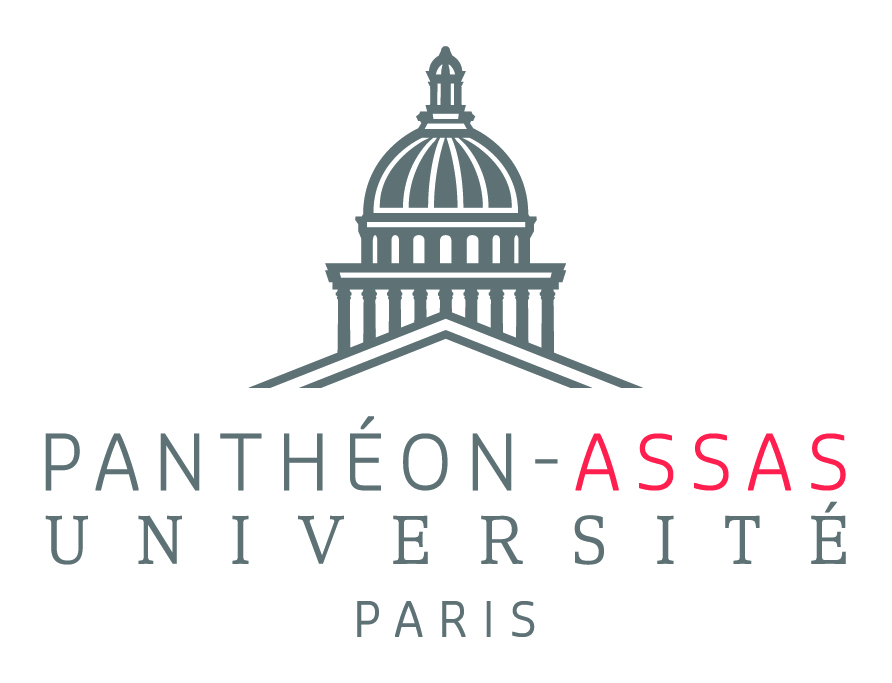Charitable Giving and Public Good Provision: an Optimal Tax Perspective
Résumé
This paper studies the consequences of charitable giving for both the optimal tax system and the optimal provision of a public good. Through warm glow, taxpayers derive utility from their individual charitable contribution. Aggregate contributions then benefit to all individuals through the public good effect of charitable giving. The government has two sets of instruments to maximize social welfare : nonlinear taxes of both income and donations as well as direct contributions to the public good. First, I show that heterogeneity in altruism rather than heterogeneity in public good preferences advocate for a direct contribution to the public good by governments. Second I provide new optimal tax formulas able to match the actual tax treatment of giving and income in OECD countries. I show that the problems of setting the optimal subsidy to giving and the optimal income tax rates can be separated in a French-like tax credit system. This separation is no longer feasible in a US-like tax deduction system where optimal income tax rates necessarily depend on the externality associated to charitable giving: the stronger the externality, the higher should be the optimal income tax rate. These results are expressed in terms of empirically meaningful parameters and redistributive tastes of the government that can be taken to the data. I will rely on French taxpayer's data to provide a quantitative exploration of the optimal tax formulas for both income and charitable contributions.
| Origine | Fichiers produits par l'(les) auteur(s) |
|---|




